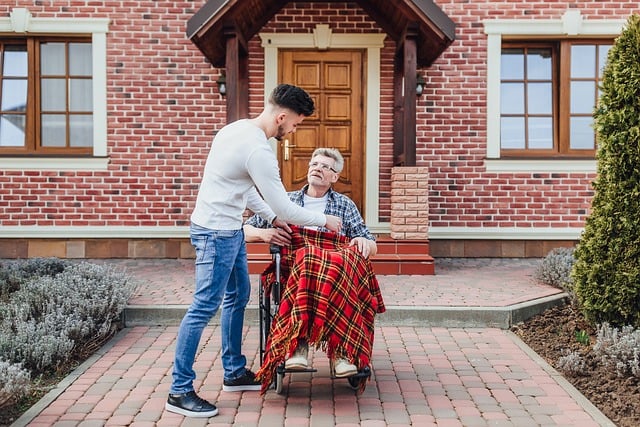Home health aides (HHAs) play a vital role in supporting individuals who need assistance with daily living tasks—especially seniors, people with chronic conditions, or those recovering from illness or surgery. While their contributions are invaluable, there are clear boundaries to what they can and cannot do. Grasping these restrictions is vital for guaranteeing effective care, adhering to legal standards, and ensuring the safety of patients.
In this go-to guide, we break down what home health aides are not allowed to do and why these restrictions matter.
🔍 Who Are Home Health Aides?
Home health aides are trained caregivers who provide non-medical support to clients in their homes. Their duties often include:
-
Assisting with personal hygiene (bathing, grooming, toileting)
-
Helping with mobility and transfers
-
Preparing meals and assisting with feeding
-
Light housekeeping
-
Companionship and emotional support
-
Monitoring vital signs (in some cases, with proper training)
They are not nurses or licensed medical professionals, so their scope of work is limited by law and professional guidelines.
Actions Home Health Aides Are PROHIBITED From Taking
Below is a detailed list of responsibilities that home health aides are typically prohibited from undertaking.
1. Administering Medications
While they may remind clients to take their prescribed medications, HHAs are not allowed to:
-
Administer injections
-
Provide intravenous (IV) medications
-
Adjust dosage or schedule
-
Apply prescription creams or ointments without supervision
Why it’s restricted: Only licensed professionals like nurses can legally and safely handle medications.
2. Performing Medical Procedures
Home health aides cannot:
-
Insert or remove catheters
-
Change sterile wound dressings
-
Monitor or manage oxygen therapy without training
-
Suction airways
-
Provide tube feedings (unless trained and permitted in some states)
Why it’s restricted: These procedures require clinical expertise and pose health risks if performed incorrectly.
3. Making Medical Diagnoses or Decisions
Home health aides must never:
-
Diagnose conditions
-
Offer treatment plans
-
Decide when a doctor should be consulted (though they can report concerns)
Why it’s restricted: Diagnosing and treatment decisions are the responsibility of licensed medical professionals.
4. Handling Financial or Legal Matters
HHAs should not:
-
Access bank accounts
-
Pay bills or manage finances
-
Make legal decisions or sign documents on behalf of the client
Why it’s restricted: To prevent conflicts of interest, fraud, and legal complications.
5. Providing Transportation (Unless Authorized)
Many HHAs are not authorized to drive clients unless:
-
It is explicitly included in their job description
-
They are insured and trained to do so
Why it’s restricted: Liability concerns and lack of insurance coverage often prevent transportation duties.
6. Lifting or Moving Heavy Patients Alone
Unless they’ve received special training and equipment, HHAs should not lift or transfer immobile patients without help.
Why it’s restricted: Improper lifting can cause injury to both the aide and the client.
⚠️ Why These Boundaries Matter
These limitations aren’t just formalities—they protect:
-
The Client’s Well-being: Improper medical practices can lead to significant repercussions.
-
The Aide’s Safety: Lifting and medical tasks can lead to injury or legal issues.
-
Legal Compliance: Violating scope-of-practice laws can result in fines or loss of employment.
✅ What You Can Expect from a Home Health Aide
Though their medical scope is limited, HHAs are compassionate professionals who make a meaningful impact every day. You can count on them for:
-
Support with daily routines
-
A watchful eye for changes in condition
-
Communication with family and medical staff
-
Reliable companionship and comfort
📞 Final Thoughts: Know the Role, Ensure the Right Care
Understanding what home health aides are not allowed to do is just as important as knowing what they can do. By recognizing these boundaries, families and caregivers can ensure that clients receive the safest, most appropriate care possible—whether through an aide, a nurse, or another healthcare provider.
If you’re ever unsure, talk to your care agency or healthcare provider to make sure all needs are met safely and legally.







